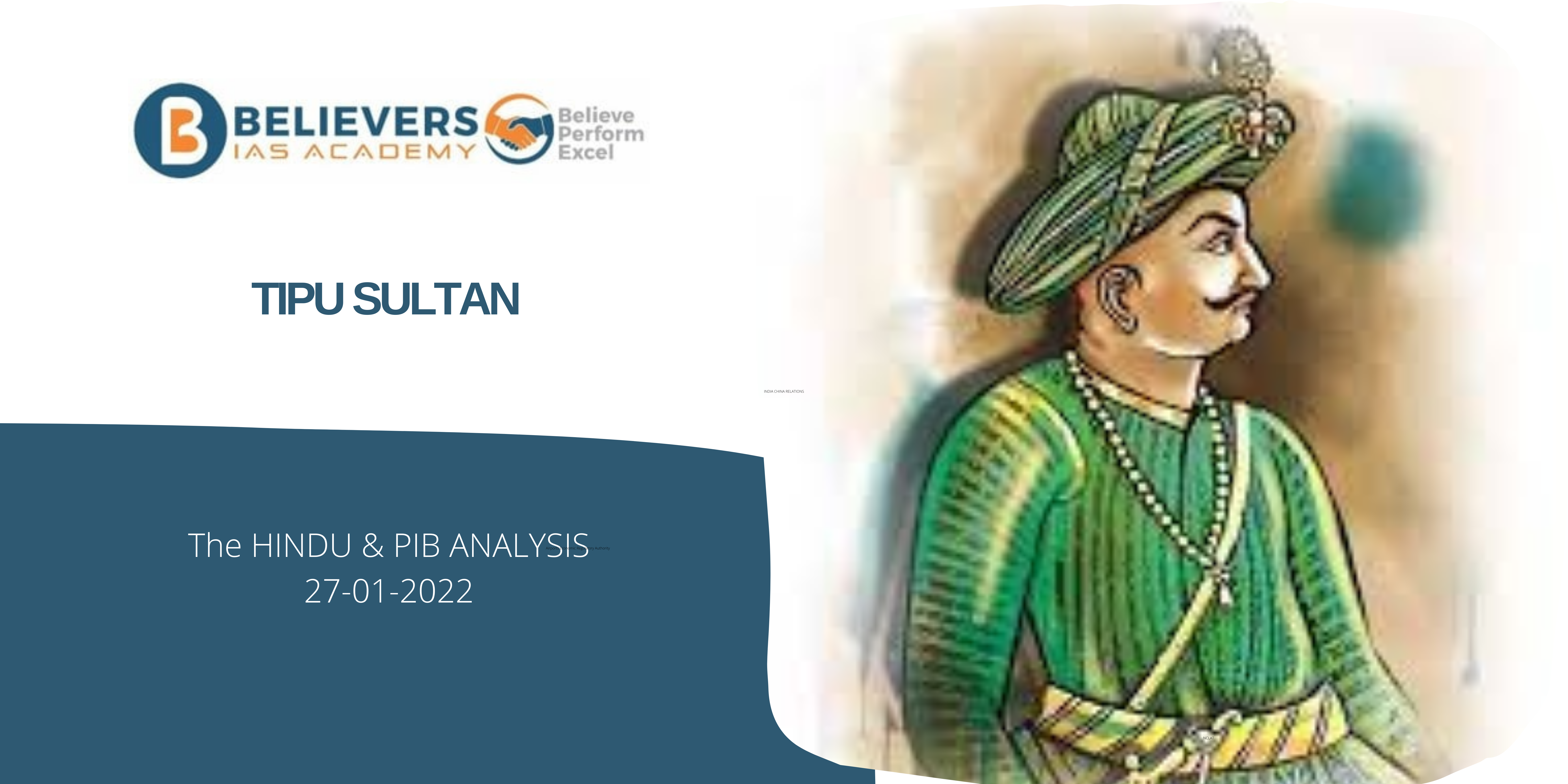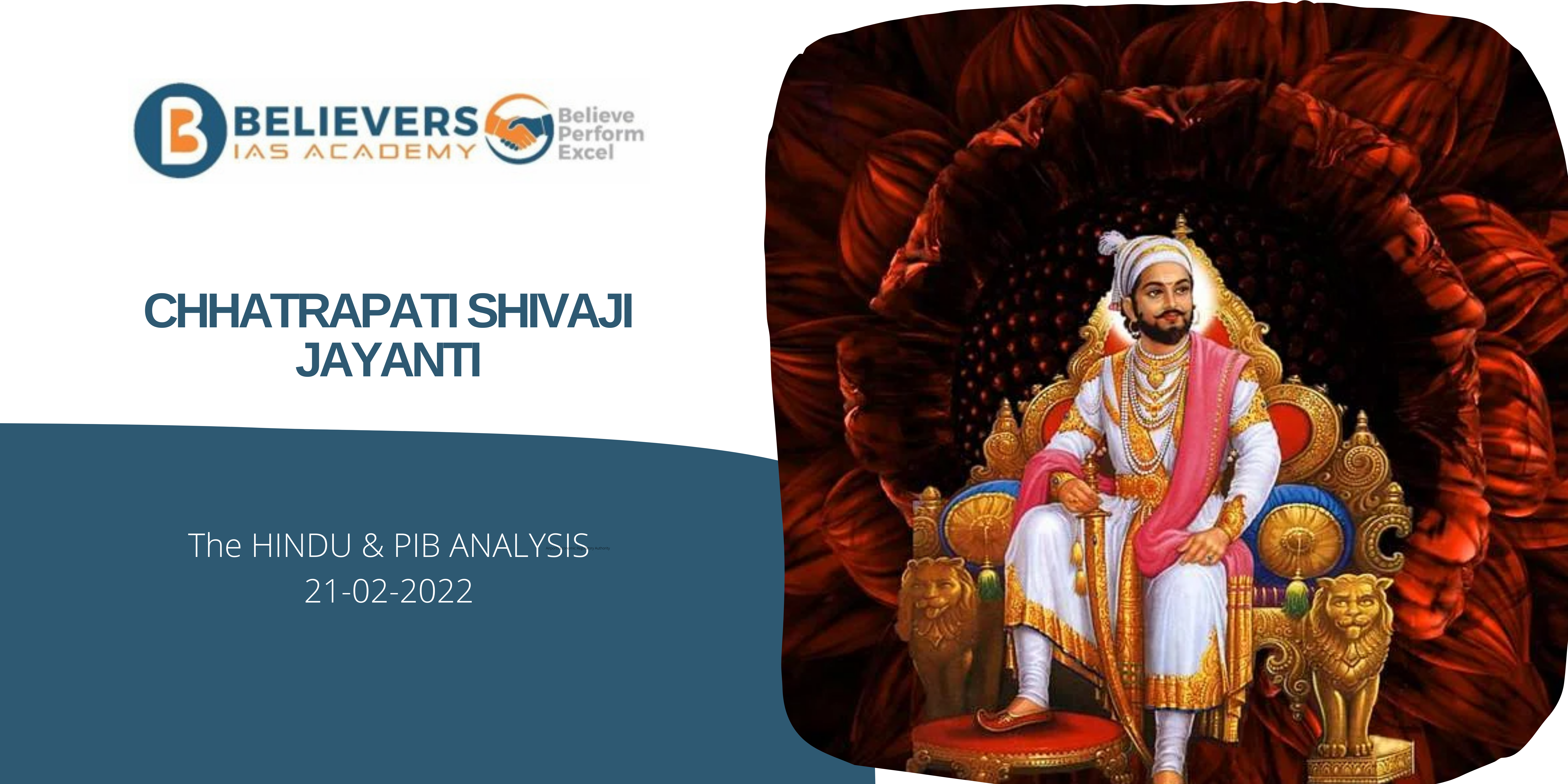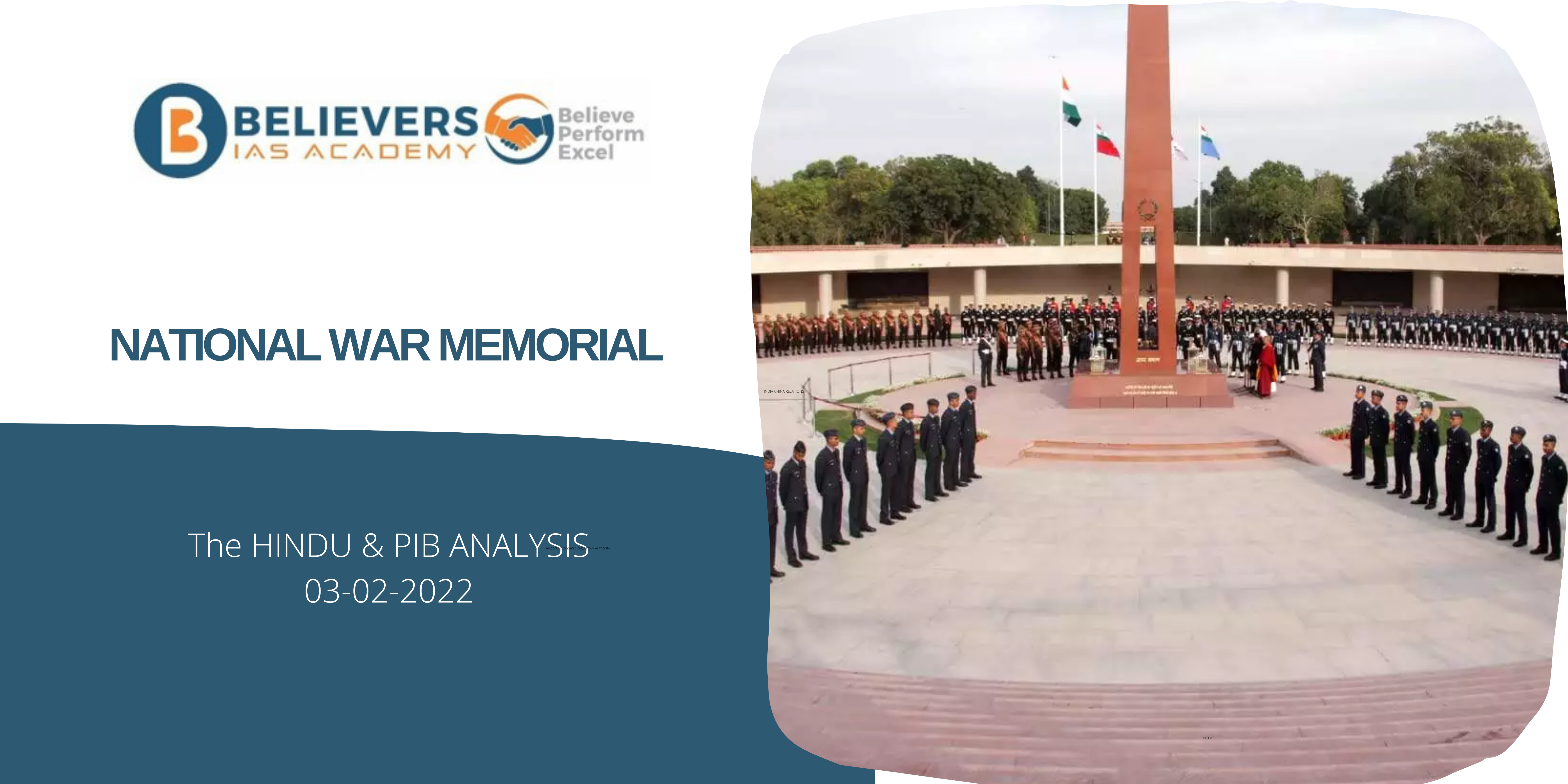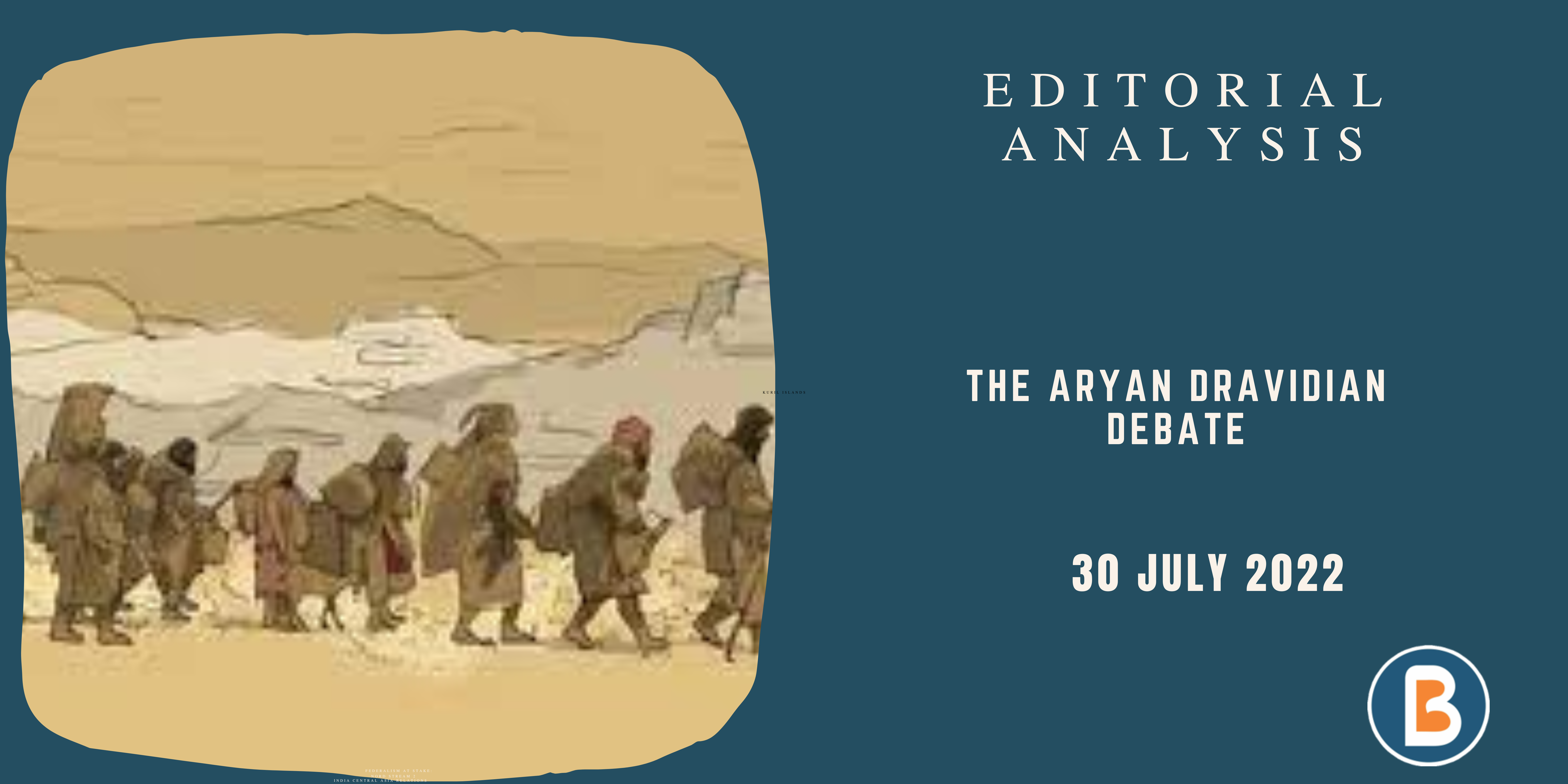TIPU SULTAN
Context:
- Mysore King Tipu Sultan is at the centre of a controversy in Mumbai with the BJP claiming that Congress leader and Mumbai Suburban Minister Aslam Shaikh is planning to name a playground in the Muslim dominated Malwani locality after the 17th century ruler.
About Tipu:
- Tipu Sultan also known as the Tiger of Mysore, was the ruler of the Kingdom of Mysore based in South India and a pioneer of rocket artillery.
- He introduced a number of administrative innovations during his rule, including a new coinage system and calendar and a new land revenue system which initiated the growth of the Mysore silk
- He expanded the iron-cased Mysorean rocketsand commissioned the military manual Fathul Mujahidin.
- He deployed the rockets against advances of British forces and their allies during the Anglo-Mysore Wars, including the Battle of Pollilurand Siege of Srirangapatna.
- Tipu Sultan and his father used their French-trained army in alliance with the French in their struggle with the British, and in Mysore’s struggles with other surrounding powers, against the Marathas, Sira, and rulers of Malabar, Kodagu, Bednore, Carnatic, and Travancore.
- Tipu’s father, Hyder Ali, rose to power and Tipu succeeded him as the ruler of Mysore upon his father’s death in 1782.
- He won important victories against the British in the Second Anglo-Mysore Warand negotiated the 1784 Treaty of Mangalore with them after his father died from cancer in December 1782 during the Second Anglo-Mysore War.
- Tipu’s conflicts with his neighbours included the Maratha–Mysore Warwhich ended with the signing of the Treaty of Gajendragad.
- The treaty required that Tipu Sultan pay 4.8 million rupees as a one-time war cost to the Marathas, and an annual tribute of 1.2 million rupees in addition to returning all the territory captured by Hyder Ali.
- Tipu remained an implacable enemy of the British East India Company, sparking conflict with his attackon British-allied Travancore in 1789.
- In the Third Anglo-Mysore War, he was forced into the Treaty of Seringapatam, losing a number of previously conquered territories, including Malabar and Mangalore.
- He sent emissaries to foreign states, including the Ottoman Empire, Afghanistan, and France, in an attempt to rally opposition to the British.
- In the Fourth Anglo-Mysore War, a combined force of British East India Company troops supported by the Marathas& the Nizam of Hyderabad defeated Tipu.
- He was killed on 4 May 1799 while defending his stronghold of Seringapatam.
Source: THE HINDU.




